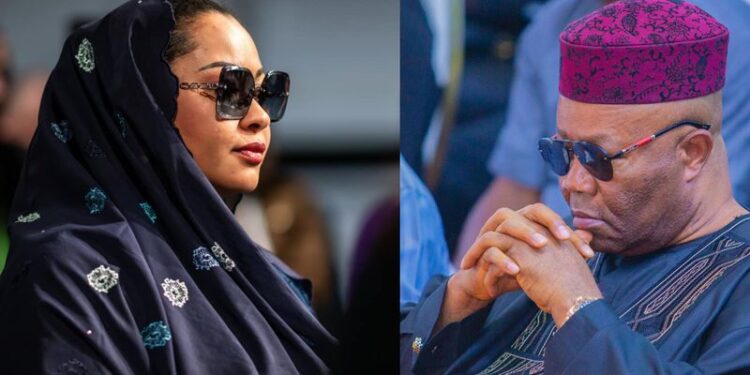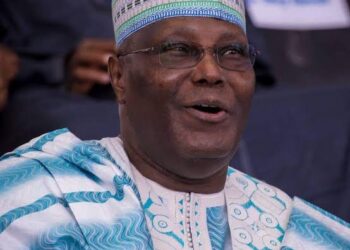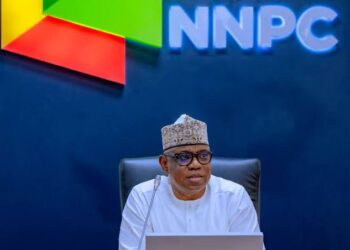Senate President Godswill Akpabio has filed an appeal against the judgment reinstating Senator Natasha Akpoti-Uduaghan.
The Court of Appeal in Abuja will now review the Federal High Court ruling that declared her suspension “excessive.”
On July 4, the High Court not only voided her suspension but also awarded her ₦5 million in damages.
However, rather than accept the ruling, Akpabio appeals reinstatement ruling, claiming judicial overreach into legislative procedures protected by law.
In the appeal filed by his legal team, Akpabio listed 11 grounds for seeking to overturn the court’s verdict.
He argued that matters like suspensions during plenary are internal and shielded by Section 251 of Nigeria’s Constitution.
According to him, the Legislative Houses (Powers and Privileges) Act protects such decisions from external legal interference or challenges.
Akpabio also said Akpoti-Uduaghan failed to exhaust internal remedies like approaching the Senate Ethics Committee first.
He maintained that Senate rules require lawmakers to resolve disputes internally before seeking judicial redress externally.
In addition, Akpabio accused the trial judge of introducing issues not raised by any party during the legal proceedings.
Specifically, he protested the ruling that her suspension was “excessive” without giving both sides the opportunity to respond.
The conflict began after Akpabio reshuffled Senate seating and Akpoti-Uduaghan publicly protested the move on February 20.
Following a televised interview, she accused Akpabio of sexual harassment, sparking disciplinary action from the Ethics Committee.
The Senate suspended her for six months, denying her office access, salary, and security throughout the period.
Meanwhile, Akpabio appeals reinstatement ruling even as Akpoti-Uduaghan faces defamation charges filed by the Attorney General in two courts.
Those cases stem from allegations she made about assassination plots involving Akpabio and ex-Kogi Governor Yahaya Bello.
As legal tensions escalate, Akpabio appeals reinstatement ruling, insisting Senate actions remain beyond judicial scrutiny under Nigerian constitutional law.


































